A Philosophical Gaze on School Curriculum
Dr. Jyoti is a professor at Delhi University.

This article is based on Shivangi Verma’s undergraduate research project under Dr. Jyoti Raina’s supervision. In this piece they interpret American philosopher Eric Fromm’s concepts of having, knowing and being to understand gaps in school curriculum theory and practice.
The French enlightenment philosopher Jean-Jacques Rousseau first proposed a romantic view of a child’s nature in which children were regarded as inherently educable. He theorized that children are born endowed with a tendency to learn and a formal school education system is unnecessary. In his educational novel Emile he argues that children are born perfect and it is society that corrupts them with imperfections through a distorted school system. He educates the fictional boy-protagonist named Emile not in a school but in a solitary life in the countryside. In this natural education there was no curriculum, or instruction; no books, no teachers and no examination (1). Of course his novel is only an impracticable utopian ideal yet it continues to be regarded as a cult classic in education. He rejected the prevailing school system of his times not only for its indifference to the child’s nature but also for propensity to corrupt children by social association with the adult members of society. In educational theory, Rousseau continues to be celebrated as the chief architect of child-centered education.
Rousseau’s theory of natural education suggests that education needs to trail nature’s lead by letting childhood enjoy its full share of freedom while following the instinct to learn. The teacher instead of giving precepts must let the child- scholar find them out himself. The role of the teacher, if any, is non-interventionist in the child’s development. His theory of natural education reverberated back in my mind when I studied the existentialist approach in another educational theory course: curriculum studies. Like natural education, the existentialist curriculum does not follow a prescribed subject matter. Instead it does away with texts, instruction and teachers (particularly teacher authority); and locates teachers and students on the same level so as to facilitate an exploration of children’s immediate interests (2). Teachers are not subject matter experts anymore but need to simply be keen observers of children as unique individuals. There is no need for them to be subject specialists anyway since the aim of an existentialist curriculum is personal meaning making. A curriculum therefore cannot be meaningful unless it connects with the student in a deeply personal way (3). It is the learner-child and not the knowledge domains that are considered the center of education. Life, human existence and school curriculum are not separated from each other.
In the process of teacher preparation we were engaged not only with curriculum theory, as mentioned above but also curriculum practice. The latter was in fact the major component of the coursework as most of the final 4th year programme was spent mainly in online teaching at an elementary school. My observation was that in practice the very definition of education via school curricula was acquisition of a given body of pre-defined knowledge (4). Curricular practice was constituted by texts, books and instruction which largely disregarded children’s existential realities like their interests, inclinations and out-of-school knowledge . The aim of the school curriculum was to learn (read rote memorise) fragmented disciplinary knowledge domains for assessment through a system of public examinations (5). The decontextualized textbook centered curriculum eradicated possibilities of children’s meaning-making by learning on their own. There was no practice of a natural education or an existentialist curriculum.
There was a gaping contrast between child-centered curriculum theory and its practice that was otherwise. This isn’t merely an ideological discrepancy but generated a disturbing cognitive dissonance. As if a fog was obscuring my own personal theory of teaching and curriculum. Our search for meaning took a trans-disciplinary path forward to make greater sense of the two contrasting visions. We probed the questions of curriculum against more penetrating realities of human existence, philosophy and society. German-American philosopher Eric Fromm (1900-1980)’s lesser known classic To Have Or To Be? showed us the way (6). The book undertakes an analysis of the two modes of human life: the mode of having and the mode of being. Though the main focus of the book is on the concepts of ‘having’ and ‘being’ mode I was equally struck by its perspective on having knowledge and knowing. This may be because as a student-teacher I am concerned with learning, teaching, conversing and loving. These three concepts- ‘having’, ‘knowing’ and ‘being’; became a riposte through which I navigated through the obscurity of the cognitive fog that had surrounded me in curriculum studies.
Having, Knowing and Being as Modes of Life
The concept of having helps us to materialize objects, thoughts and experiences in our lives. It tends to make individuals hang on to his/her beliefs rather than accepting the other perspectives. Our happiness is smoothed by what we own, what we achieve and what we have acquired. We only tend to value our goals and our possessions. In the having mode of existence my relationship to objects, ideas and my occupation is acquisitive, controlling and self-aggrandizing.
The idea of being is fundamentally different from that of having. It aims to provide life an enlarged meaning that enriches our satisfaction with ourselves notwithstanding what we collect. As a mode of everyday living it has a sense of independence, freedom and inwardness. Its relationship with having is antagonistic. Only to the extent that we decrease the mode of having, cease the quest for identity, psychological security and social achievement; can being emerge. Being is at the heart of the individual’s tendency to love, progress and advance toward self-actualization.
The concept of knowing helps us to penetrate through the surface in order to arrive at the deeper roots. Knowing something means that the knower has experienced knowledge through a meaning-making process. When we shift from acquiring information to internalizing it and earn its ownership as knowledge, then we say that we have understood the art of knowing.
This distinguishes the three in a fundamental way. ‘Having knowledge is taking and keeping possession of available knowledge (information); knowing is functional and part of the process of productive thinking’ …‘Having refers to things and things are fixed and describable. Being refers to experience, and human experience is in principle not describable. The mode of being has at its prerequisite independence, freedom, and the presence of critical reason’.
Having, knowing and being gaze on school curriculum
The curriculum practice that I observed as a student-teacher intern was framed in the having mode. Curricular knowledge was practised almost like an object to be possessed. Moreover, the prescribed texts are viewed as authoritative sources of knowledge in a having curriculum framework, waiting for acquisition. Learning consisted of an accumulation of correct answers to be reproduced in a testing situation to demonstrate children’s ownership of knowledge. This approach ignores children’s lived experiences and personal knowledge which does not foster the processes of knowing.
My classroom observations during the school internship highlighted to me the alienation between children’s lives and the school curriculum as practised by the teachers of the school. Coupled with this, the school disciplinary curriculum domains were fragmented. In language education, for example, I observed lessons where topics like adjectives, prepositions or pronouns which are in fact aspects of children’s everyday language were taught disjointedly mainly by referring to exemplar sentences from puritanical grammar textbooks. Such an approach not only alienates children from the curriculum but also denies the possibility for co-creation of knowledge by letting the teacher also learn from the students (7).
During classroom observations I also noted that the teacher would only come to the online class, teach and go. Children would speak only when they were asked to which does not nurture knowing curriculum mode. In recognition of children’s need to know I prepared a lesson based on a picture story titled ‘Clever Tailor’; for teaching adjectives. The story was about the innovative work of a very adroit tailor who redesigns his old, colourful turbans (a common head covering based on cloth winding worn by Sikh, Muslim and Hindu men) into some new clothes for his wife and children. The story had the scope to incorporate several adjectives which made it intellectually exciting for children since they can see men around them wearing turbans of different varieties.
However, my knowing approach did not align well with the centralized curriculum of tightly defined grammar topics in an examination-oriented school education system in our country. The long hours this knowing process took up soon turned into a curriculum burden. This brought to the fore a realization that our prescribed curriculum does not provide adequate space for children’s need to know. Being curriculum simply means to enjoy the delight of the knowledge and live it. The curriculum practice consists of formal teaching and textual learning with minor non-scholastic side-shows. This does not facilitate children to understand the total process of their own growth and development. So where is the scope for being in curriculum practice?
Understanding gaps in curriculum theory and practice
I turned to mainstream philosophy in order to understand the gap between a child-centred curriculum theory and knowledge-centred curriculum practice. The American philosophical concepts of having, knowing and being; proposed more than 50 years ago; provided a useful gaze. The curriculum teaches children in school the having that the sum of the three angles of a triangle is 180 degrees, every sentence has a subject and a predicate and that the earth is at the centre of the solar system. It never stops being in the unique moment of the now, one that was never before where each ray of light travels just once. Why must students and teachers always learn or teach? Why can’t they sometimes simply be?
Featured Image Credits: Photo by Jessica Lewis on Unsplash


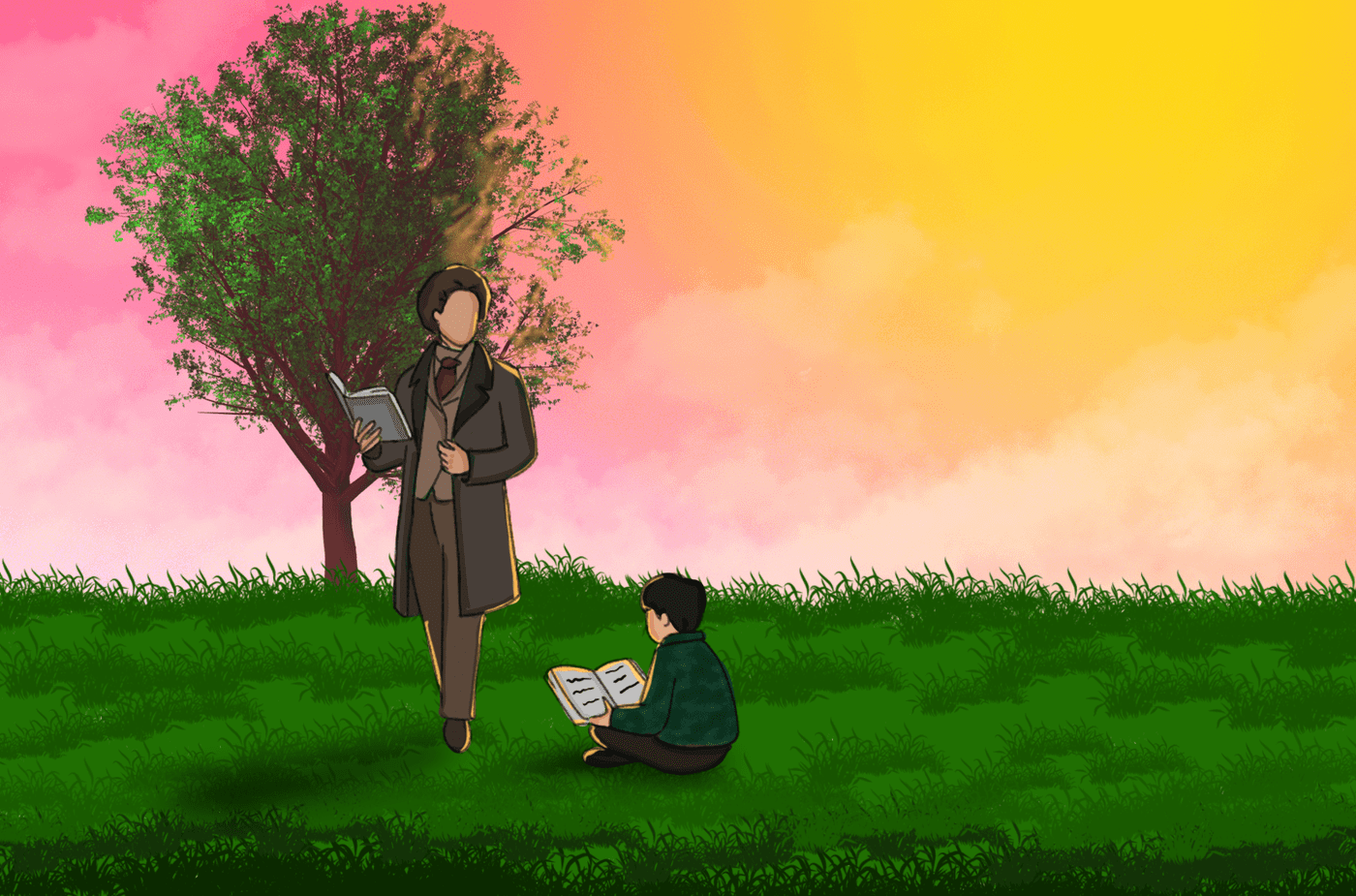
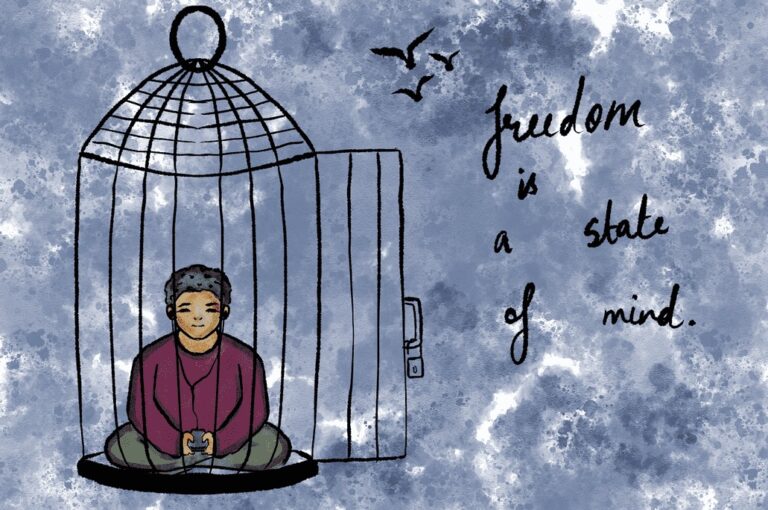
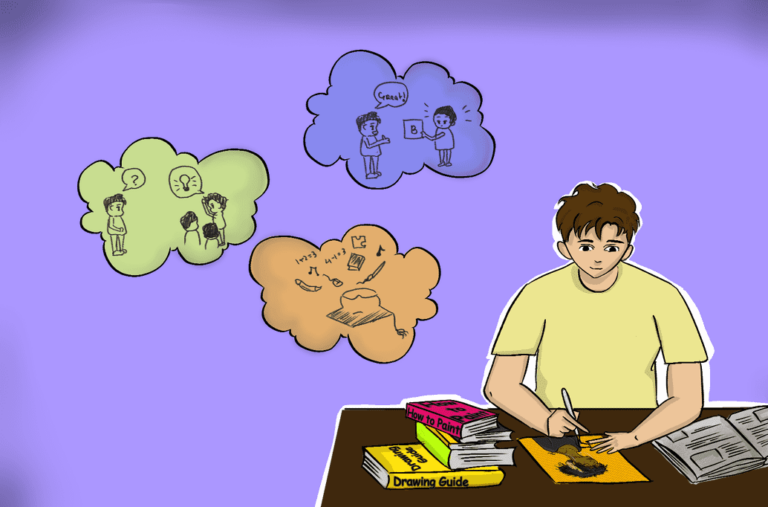
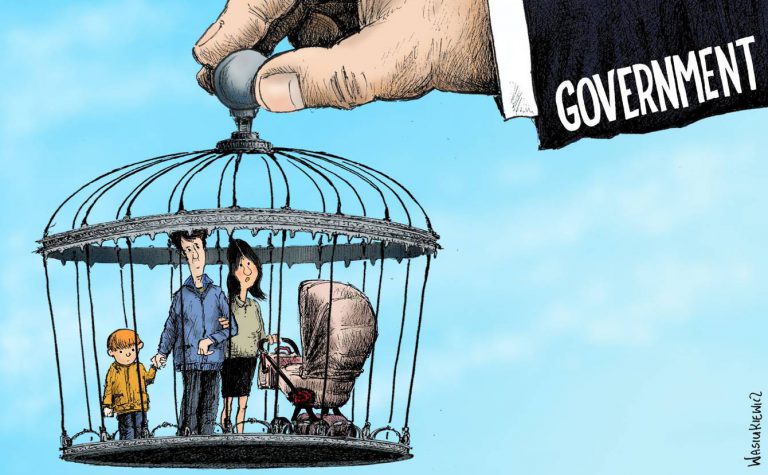

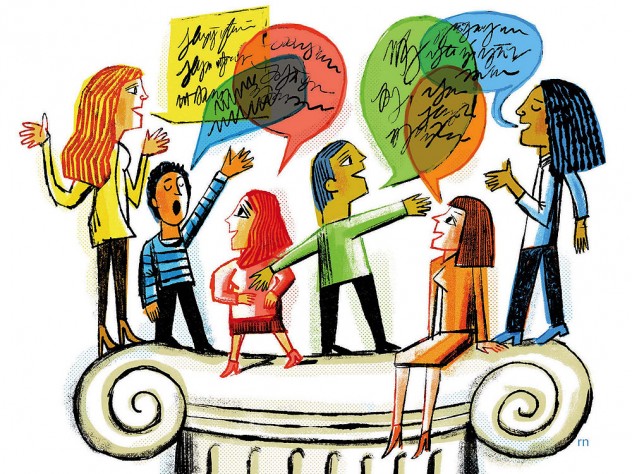
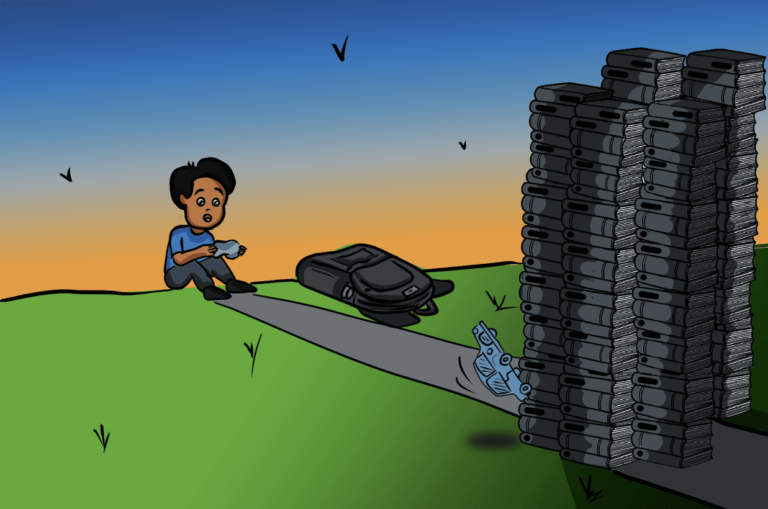
‘Being refers to experience, and human experience is in principle not describable’.
What a beautiful statement that provokes a deep thought.
Most of us have long believed knowledge to be the result of cumulative experiences of generations over a timeline that continues infinitely. It is not denied that such experiences provide guidance to the seeker of knowledge in many a context. It is also true that there is no need to invent the wheel all over again but then presenting the wheel to the student on a platter is a bad idea. It kills the child’s natural curiosity and instinct to know and experience his world the way he sees it. Education based on a pre decided curriculum completely denies a child his right to create his own knowledge and worse still, compels him to accept second hand experiences as his own. There’s no bigger cheating with the child, than this. Time to reinvent the wheel called education.
Great research. We need more articles like these.
Riya and Shubhi I am glad that this article provoked your own understandings of ‘knowledge’, ‘being’, ‘having’ and ‘learning’. Each of these notions is understood in so many rich ways by teachers across societies and cultures. Existentialism is a European perspective but is useful in making sense of many educational phenomenon.
The idea of simply enjoying ‘being’ with knowledge seems important and thought provoking to me as a student teacher and also fascinating as a learner. I imagine that the space to ‘be’ with the knowledge would make the process of learning and co-creating knowledge in a classroom much more meaningful and enjoyable!
Throughout while reading this article I felt a connection building to the perspective that has been put forth. The article nudged me further to reflect on my understanding of knowledge and ‘being’ with it. I believe, exploring the world while keeping these reflective ideas in mind would help us become more mindful and open towards new perspectives on education.
Riya I am glad that the article has provoked the discussion within yourself. I totally agree to you and I do believe that the real problem in education is the restrictive curriculum, as children are taught to conform to the authority of a teacher, of a book, because it is profitable to do so; but the moment the children discard authority they will come in partnership, and only then is there cooperation and affection. If in desire to help the child the teacher sets before him the authoritative example, the only thing she is doing is to encourage fear, imitation.
“Why must students and teachers always learn or teach? Why can’t they sometimes simply be?”
I am simply struck by these two thought-provoking questions. To imagine a space in our curriculum where we can nurture the ‘being’ seems like a revolutionary thought in education. Every bit of this article requires a pause, feeling the words to simply sow the seeds of this new lens towards education!
Thank you Samriddhi for your perceptive comments. Being implies pausing at each ray of light with the morning, every shade of dark at dawn. Your words somehow bring that out.
Thankyou so much Samriddhi for reading article in so much depth and reflecting back to it. I really appreciate your comment and you are absolute correct that nurturing being state in our curriculum is a revolutionary thought and might take us long time to reach there. But we as a students of education have already started walking towards this revolutionary dream and soon we all might be able to bring out some changes with our thoughts and ideas.
I article has been written beautifully and gives a new perspectives to look at teaching and learning. The philosophical connect with life of having, being and knowing actually touched me, and though people do talk about simply being in life and not having, but when it comes to education, it is assumed that the teacher will teach and student will learn, while simply being and enjoying are so important. Well, I am glad that you wrote about it and gave a new perspective.
Thankyou so much Shalini for your comment. I feel so happy knowing the fact that there are many people out there who at least take this problem into consideration and think upon it. You are absolutely correct that when it comes to education all what we expect children to do is to learn, learn and learn. Our educational system rarely takes into account children’s world views and experiences, such temporary revisions of textbooks and curriculum are likely to make them more detached and disillusioned.